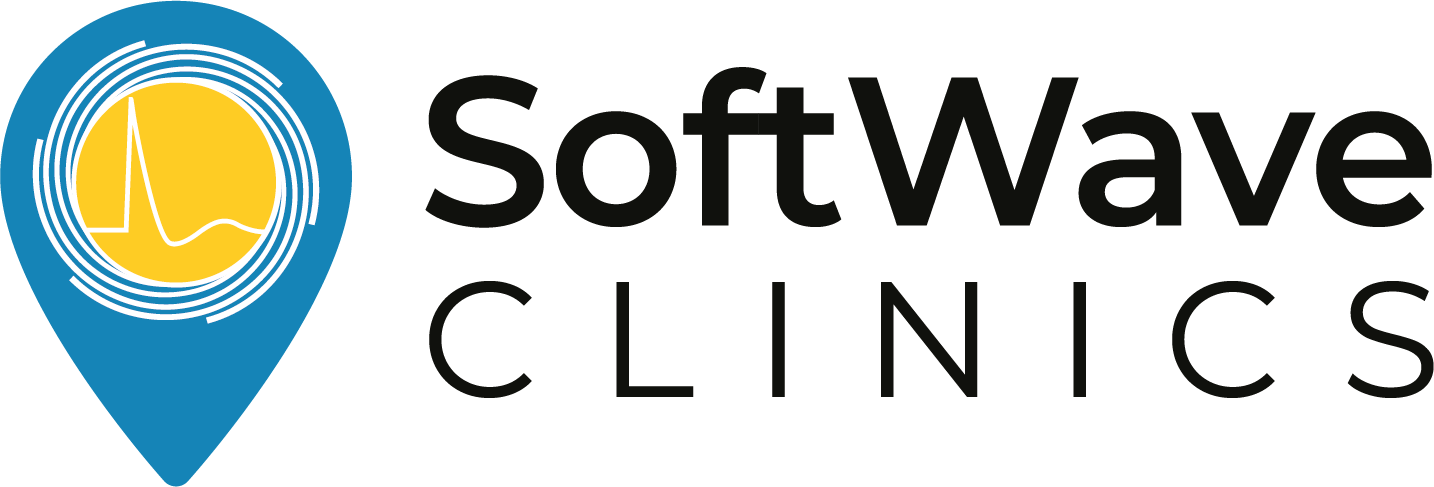ACE2: A Critical Regulator of Cardiovascular Health and Immunity
Title of study: Angiotensin-Converting Enzyme 2: SARS-CoV-2 Receptor and Regulator of the Renin-Angiotensin System
Authors: Mahmoud Gheblawi, Kaiming Wang, Anissa Viveiros, Quynh Nguyen, Jiu-Chang Zhong, Anthony J. Turner, Mohan K. Raizada, Maria B. Grant, and Gavin Y. Oudit
ACE2 (angiotensin-converting enzyme 2) is a protein that has multiple roles in the body, including being a negative regulator of the renin-angiotensin system, facilitating amino acid transport, and serving as a receptor for the severe acute respiratory syndrome-coronavirus (SARS-CoV) and SARS-CoV-2 viruses. ACE2 is found in various parts of the body, including the lungs, cardiovascular system, gut, kidneys, central nervous system, and adipose tissue.
Recent studies have shown that ACE2 is the receptor for SARS-CoV-2, the virus responsible for causing the COVID-19 pandemic. When the virus binds to ACE2, it can lead to the loss of ACE2 function, which is critical for protecting against heart failure, myocardial infarction, hypertension, lung disease, and diabetes mellitus. However, researchers have identified potential therapies that could enhance ACE2 action, such as recombinant ACE2, gene-delivery of Ace2, Ang 1–7 analogs, and Mas receptor agonists.
The review article summarizes the progress made over the past two decades in understanding the critical role of ACE2 in cardiovascular health and immunity, particularly in the context of the COVID-19 pandemic. The authors highlight the importance of ACE2 as a negative regulator of the renin-angiotensin system and a critical protective pathway against various diseases. The review also discusses the potential of ACE2-enhancing therapies in treating disease conditions associated with an activated renin-angiotensin system.
In conclusion, the review article underscores the importance of ACE2 in maintaining cardiovascular health and immunity and suggests that enhancing ACE2 action could be a promising therapeutic strategy for various diseases.
